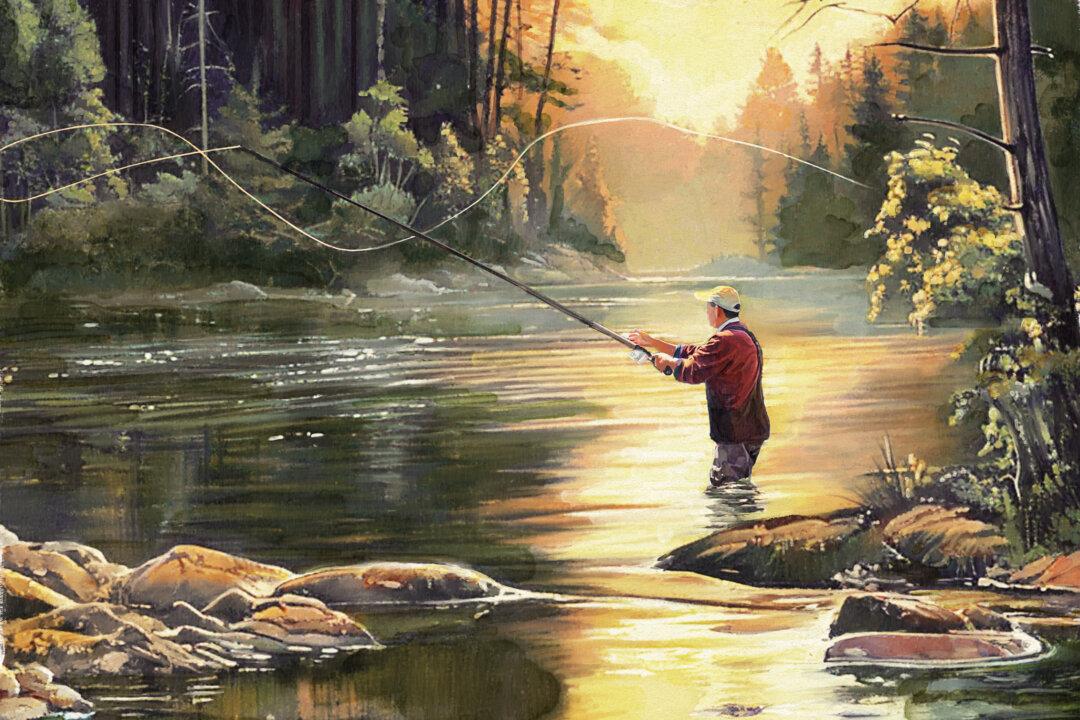“I come into the peace of wild things/ who do not tax their lives with forethought/ of grief. I come into the presence of still water/ And I feel above me the day-blind stars/ waiting with their light. For a time/ I rest in the grace of the world, and am free.”
These words from farmer and writer Wendell Berry encapsulate the peaceful experience of encountering nature. One way to achieve this peace is by fly fishing.






